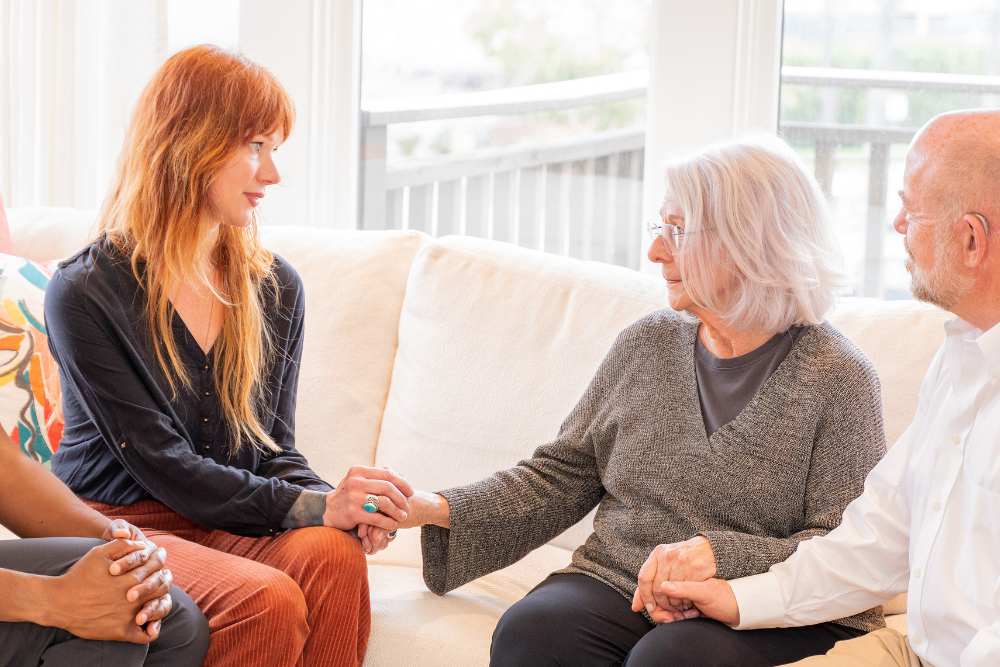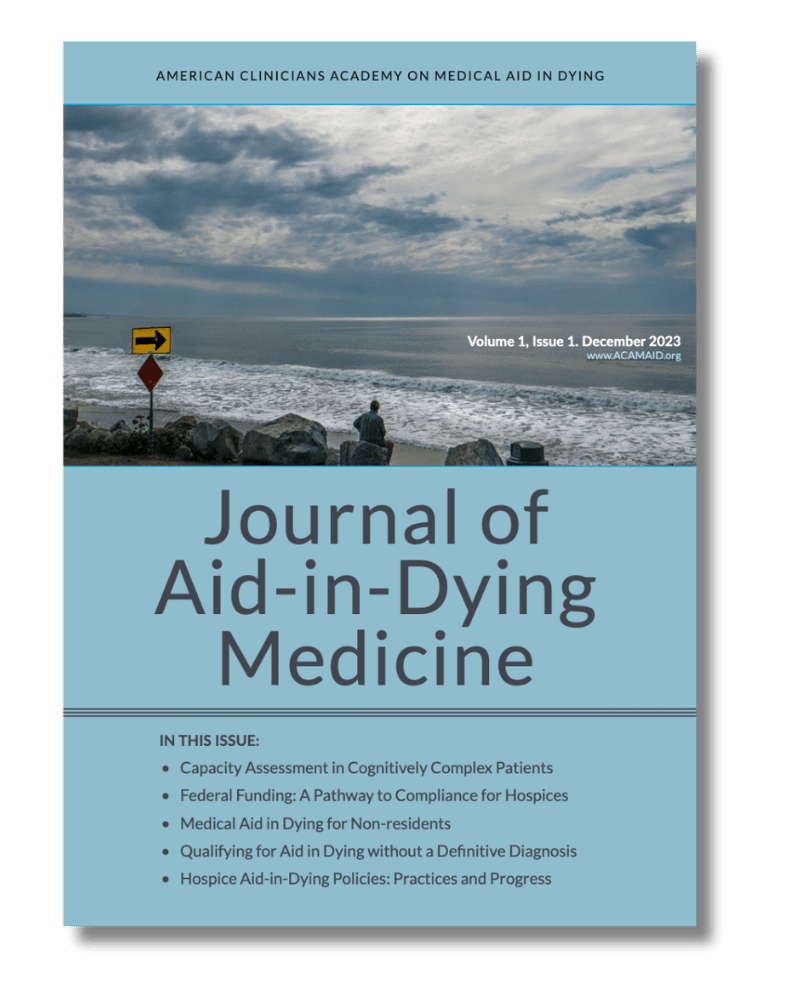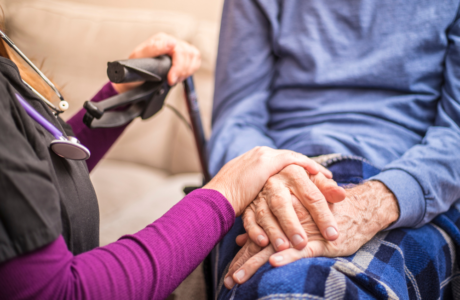
Journal of Aid-in-Dying Medicine: Bereavement Groups for Medical-Aid-in-Dying Family Members
Empowered Endings is grateful to be a part of the launch of a groundbreaking medical journal focused on the practice of Medical Aid in Dying (MAiD). This valuable resource is tailored for hospice and palliative care clinicians who have integrated or are considering integrating MAiD into their practice.
Partnering with corresponding author Dr. Robert Gunn, Empowered Endings Co-Founders Elizabeth and Dr. Bob Uslander published the article, “Bereavement Support Groups for Medical-Aid-in-Dying Family Members.”
The article delves into the unique characteristics of grief after an aid-in-dying death, shedding light on the scarcity of specific bereavement support services for family members and the impact of aid-in-dying-specific services on the bereavement process.

Article Abstract:
Grieving after an aid-in-dying death can have unique characteristics. While general bereavement support services are widely available, aid-in-dying specific groups have been scarce. But these grief services have recently been initiated in several states.
In this commentary, we discuss grief preparation and post-death counseling for families experiencing an aid-in-dying death. This also involves grief work on the day of ingestion. We describe how these aid-in-dying-specific services may impact the characteristics and quality of the bereavement process. Anecdotal evidence suggests that providing support in all facets of the aid-in-dying process may result in an enhanced bereavement experience for family members.
In addition to our aid-in-dying bereavement group at the Empowered Endings Foundation, we catalog 10 such support groups in six states. Most are virtual and drop-in, with an attendance of about three to five participants per session. As more clinicians, support staff, patients, and families learn about these services, other states may initiate their own aid-in-dying bereavement services.
Read the full article and explore the other insightful pieces and information in the first issue. We hope this resource helps foster understanding and compassion within the medical community regarding Medical-Aid-in-Dying and the need for support that extends beyond the patient to their family members and loved ones.





